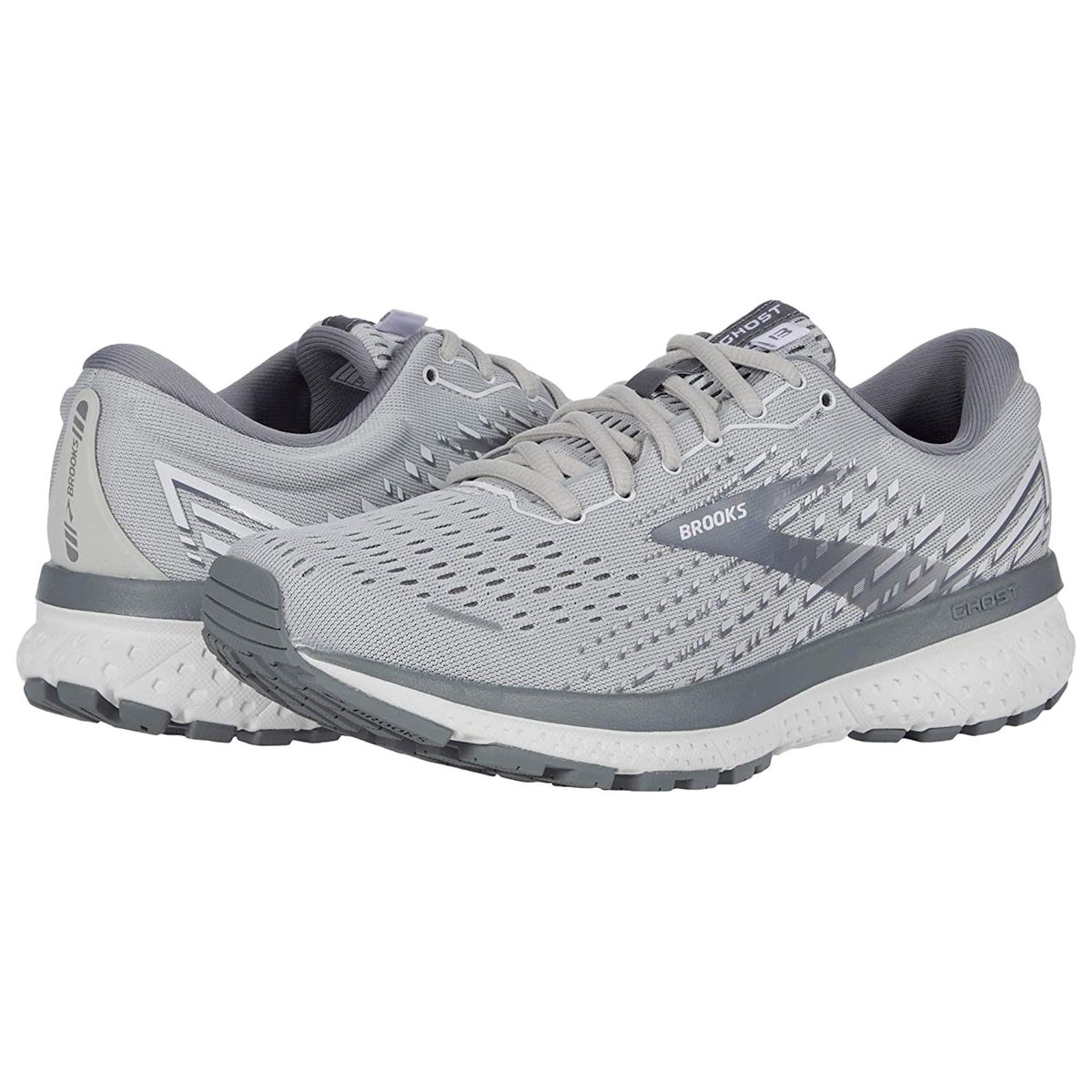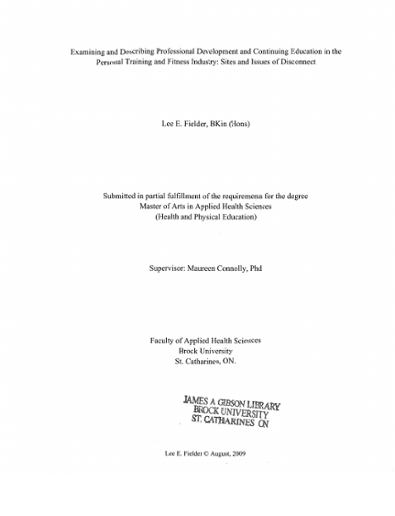
It's crucial to know what you can expect from your earnings before you embark on your own personal trainer career. There are several aspects to consider, including Cost of certification, Hourly rate, and taxes. If you want to make six figures as a personal trainer, you'll need to devote a substantial amount of time and effort to building your reputation.
Certification cost
There are several certifications that personal trainers can obtain to become certified. Many certifying bodies will require certain education and experience. For instance, certain certifications will require you to hold a college education. Others will require that you hold specialized certifications within a particular field.
A personal trainer who is seeking a lifetime certification in fitness must hold a degree or certification from a recognized organization. The cost of this certification can vary widely but it could be between fifty and one-hundred dollars. The individual needs of each trainee will determine the cost.
Hourly rate
Personal trainers charge an hourly rate that varies according to their market experience. Some personal trainers charge up to $17 an hour, while others may charge as little as $9 or $10. Important to understand that trainers' time is not paid and includes travel time, communication with clients and other expenses.

The hourly rate of a personal trainer will depend on his experience, geographical location, and the type of training. The rate for personal trainers in some areas can be as low at $10 an hour while they charge anywhere from $200-300 in other places.
Taxes
As a personal trainer, you can deduct expenses related to your business, such as books and videos for your clients. Also, you can deduct continuing education expenses and educational materials. Tax season can be stressful. To help make things easier, an accountant may be a good option.
Although your paycheck is tax-deductible you might not know how to report income earned. The IRS requires that income be reported on Form W-2. This is usually sent by your employer. Employers cannot deduct their work expenses like uniforms or equipment. Your employer will decide how much you should withhold from your paycheck. The minimum wage is usually the norm, but the gym will often expect you to sell services and products to make money.
Career growth
Personal training can be very rewarding. This position can help you earn more money than you ever dreamed possible. There are a variety of ways to grow your career and earn more money. You could become a spokesperson or promote the company's products and services. This can result in higher revenue. You can also increase your client's willingness and ability to pay. This way, you can make as high as $24,000 per annum.
Personal training is a great career choice if you enjoy helping others and are passionate about fitness. This career allows you to work flexible hours and can set your own hourly wage. You will also have the freedom to choose what type of clients you work for. As a personal trainer, you'll have the freedom to develop your own workout programs.

Compensation
Personal trainers are a major consideration for business owners. Salaries can easily exceed 50% of a business's total budget, making them the most costly component of running a gym. This leaves little for profit-generating or other expenses. It is therefore crucial that you determine how to pay your personal trainer and independent contractor in order to keep your business profitable.
The compensation you receive for the services you provide is affected by your business type, where you live, how many clients you have, and your location. A new personal trainer business may not have consistent clientele or positive cash flows for several months. Therefore, it is a good idea to start small and concentrate on the services you can offer to your clients. You might start with a lower package if you are only able to work 20 hours a week. After about a year, you can review your income and decide whether to increase your rates.
FAQ
How do I get started with Fitness?
Start small! You can start by taking 10 minutes each week to walk around the block. This will give you basic movement patterns and give your muscles time to adapt to the new routine. Once you've mastered this simple form of exercise, try adding more steps to your daily routine.
Do I lose weight if I exercise?
Yes. Regular exercise will help to reduce weight by burning more calories. Exercising can increase your metabolism so that you can burn calories even when you're not working out.
What happens if I don't get enough sleep?
Your brain won't receive enough sleep if it doesn't get the signals it needs to regulate hormones, chemicals that regulate appetite and metabolism. You may also gain weight and overeat. You may also feel stressed, which can lead you to overeating.
What can exercise do for your body and mind?
Exercise is a great way to lose weight, increase your energy, lower stress levels, strengthen your muscles, and improve your sleep quality. Exercise is good for your mood, self-esteem, productivity, and heart health.
Exercise can I make my body gain weight?
Not at all. Actually, exercising can help you to maintain your current weight. You can build muscle mass and speed up your metabolism by exercising regularly. This means your body won’t store as much weight.
Do I need food before I exercise?
No. No. If you feel hungry after working out, it is a good idea to have a light snack like yogurt or fruit.
Should I drink alcohol when I work out?
Drinking alcohol is high in calories so it's best to not consume too much while working out. Moderate alcohol consumption (one drink per week) can help increase endurance during training. It may also be beneficial in reducing fatigue and muscle aches that can result from vigorous exercise.
Statistics
- An estimated 110,000 deaths per year could be prevented (cdc.gov)
- Physical activity confers the following maternal and fetal health benefits: a decreased risk of pre-eclampsia, gestational hypertension, gestational diabetes (for example, 30% reduction in risk) (who.int)
- In high-income countries, 26% of men and 35% of women were insufficiently physically active, as compared to 12% of men and 24% of women in low-income countries. (who.int)
- According to the Centers for Disease Control and Prevention, chronic diseases cause 7 out of 10 deaths in the U.S., and treating chronic diseases accounts for 86% of U.S. healthcare costs. (mana.md)
External Links
How To
How To Burn Belly Fats Faster
Belly Fat is often thought of as a problem when trying to lose fat. However, Belly Fat can be beneficial if you really think about it. It is the fat in your stomach that protects your organs. Let's learn how to quickly burn belly fat.
Stress and inactivity are two of the major factors that cause us to store body fat. Cortisol hormone is stimulated by stress, which causes us to feel constantly hungry. Cortisol levels are increased by insulin. The insulin then stores extra calories as fat. Lack of sleep causes the release of adrenaline into our system, leading to increased appetite. These extra calories can easily be lost through exercise.
There are many options to reduce belly weight. Any one of these can be tried, depending on how much you have to spend. These are some ways to quickly lose belly fat.
-
Reduce your food intake. Don't eat three large meals at once. You will eat less calories in general.
-
Drink plenty of fluids. Water flushes out toxins and keeps you hydrated. You won't overeat if you drink water before you eat.
-
Avoid snack foods that are unhealthy. If you're looking for quick fixes, snack foods like chips, cookies, candies, etc. Although tempting, they can be very unhealthy. But avoid these fattening treats as they contain lots of empty calories and too much sugar. Choose healthy alternatives like fruits and vegetables, nuts, seeds, whole grains, and seeds.
-
Do strength training exercises at least three times per week. Strength training builds muscle mass that burns more calories, even when it is done while you rest. Strength training strengthens bones, muscles and ligaments. It can also improve the heart, lungs, joints, and other body systems.
-
Regularly walk or stretch. Stretching helps to improve flexibility and mobility, which reduces back pain. Walking can help you burn calories.
-
Reduce alcohol intake. Avoid alcohol.
-
Slowly lose weight. To lose weight, the first step is to determine what your current weight. Calculate your ideal weight by adding approximately 5% to 10% of the total weight. Once you have calculated your target body weight, you can begin to cut calories by 500-1000 calories every day until your goal is reached.
-
Avoid processed foods. These foods are high on sugar, salt, and additives. While processed foods can be convenient, they don't offer enough nutrients to ensure your health.
-
Don't skip breakfast! Eating breakfast improves concentration, memory, and energy level. You should have protein (such as eggs) and fiber (such as oats) for breakfast.
-
Have regular bowel movements. Constipation or irregularity can lead to gas and bloating. You can prevent this by drinking lots of water and increasing your fiber intake.